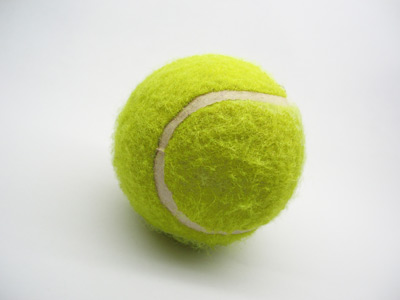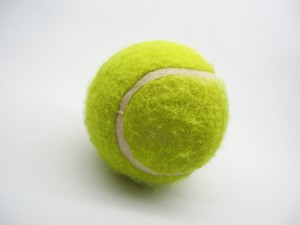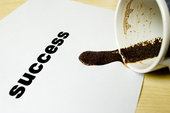by Anne Guldin Lucas
Of course it’s come to this. When I volunteered during a May CS Staff Retreat to write a blog during my summer vacation, it seemed so far away. No worries. I’d find some inspiration in time. As the deadline approaches, I realize that I’ve been spending almost all my time watching and playing tennis during my vacation. As I contemplate the job search, naturally I’m relying on the lessons I’m learning from tennis. Let’s see if I can identify some analogies that will inspire and encourage you as you embark on, or continue in, your job or internship search. Forgive the randomness of the list; Wimbledon is on, and I have another tennis match (having played four sets this morning) later this afternoon—no rest for the weary!
- Be prepared! The pros and their coaches do their homework on their opponents (think employers), and even I do some stretching before a match. Preparation includes practicing your shots, I mean your interview answers, and polishing every aspect of your game, I mean your resume, and, of course, your interview shoes.
- Stay patient and positive! Job searches are generally taking longer in this still-uncertain economy. You need to plug away at it and believe in yourself. Think of the epic Isner-Mahut Wimbledon match (70 – 68 in the fifth set, and of course I watched every minute!). Compared to that, 150 applications and a few dozen interviews are nothing, right?!
- Respect your opponent and be a good sport. Follow the rules! Always conduct yourself on the court (and in the job search) with grace and honesty. Cheating will catch up with you eventually, and it’s not worth it.
- Learn valuable lessons from every shot and every match, that is, from every job search experience. Few people get the first job for which they apply. If you’re turned down, think about how you can improve—your documents, your interviewing skills…Ask a Penn Career Services counselor to help you diagnose your weaknesses and practice to improve them. Your hard work will pay off, and you’ll serve an ace eventually!
- Keep your focus, and be present in the moment. This is important during a match and during an interview too! It may be especially challenging if the crowds are roaring or you’ve got poor service on your cell phone during a phone interview. Keep your cool, and you’ll get through it in stellar fashion.
- Seize your opportunities—to close out a match or turn the corner in your job search. I would be remiss if I didn’t mention networking! I network on and off the tennis court every chance I get. We all know that golf courses have historically been a wonderful place to do business too. What resources are available to you that you haven’t tapped yet? Brainstorm, be confident, and go for it!
- Keep your sense of humor. While your job search is indeed more important than a tennis match (unless your name is Roger Federer or Serena Williams), everyone gets another opportunity to succeed. Learn to laugh at yourself and with others. You’ll relax and be better off for it.
- Remember that things can turn around quickly. Just when you think there’s no hope, you hit one good shot, and you’re back in the game. My partner and I were down 1-5 in the final set of a match today. We relaxed, persevered, and next thing you know we won the set in a tiebreaker. Your positive attitude and persistence will pay off in the long run. Believe in yourself, stay focused, and go for the win!

Please remember that your family, friends, and all of us in Penn Career Services are cheering for YOU in your job search. Your preparation, hard work, focus, and good attitude will help you WIN the job search. Happy Summer, wherever, however you’re spending it!








